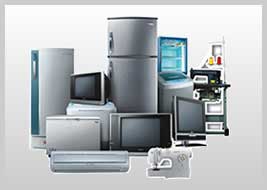19 Apr 2013 - {{hitsCtrl.values.hits}}
 Demand for consumer durables such as televisions, refrigerators, washing machines, kitchen appliances, digital cameras et are expected to a see a slowdown in 2013 if energy prices are increased, according to Fitch Ratings Lanka Limited.
Demand for consumer durables such as televisions, refrigerators, washing machines, kitchen appliances, digital cameras et are expected to a see a slowdown in 2013 if energy prices are increased, according to Fitch Ratings Lanka Limited.
23 Nov 2024 2 hours ago
23 Nov 2024 2 hours ago
23 Nov 2024 4 hours ago
23 Nov 2024 5 hours ago
23 Nov 2024 7 hours ago